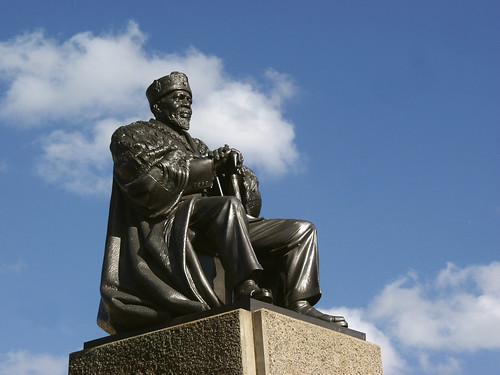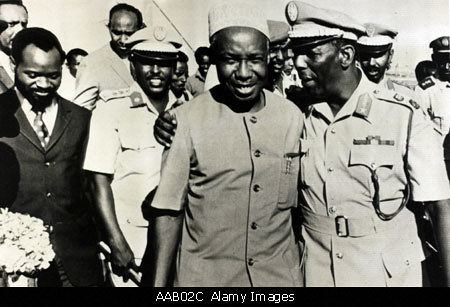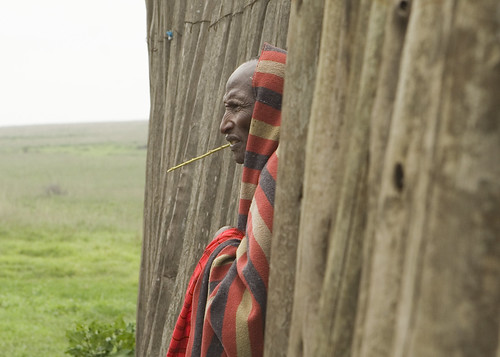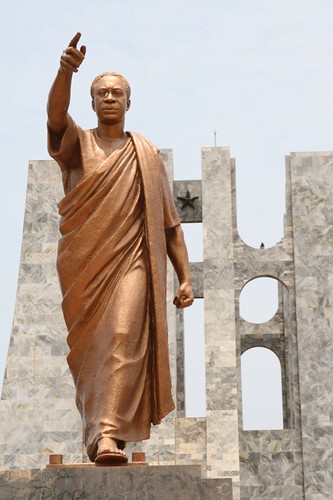Part three of the 10 things I wish I knew before I left Africa

You know it’s absoloutely amazing how ‘coincidences’ (is there really such a thing) occur at just the right time. As I was sitting down to right this article I noticed a great post from the Whispering Inn which ties in pefectly with what I want to talk about in this post. Please go to this page and listen to the audio of Mzee Jommo Kenyatta’s speech
I Am His African Child and I Feel Betrayed
Beyond the political implications, today I want to talk about how I feel betrayed on a cultural level.
Now I don’t know if I am alone in this but I feel absoloutely ashamed about how little I know about the history of my tribe, my country and the nation in general. It took me a few years of wandering in the Australian wilderness to get to this point but I feel so ashamed that growing up I used to sit there for literally days on end watching Disney movies, Mr. Bean and Mr. Bogus (for those who don’t know who this is, you better ask somebody, because once you’ve seen and experienced Mr. Bogus, you never forget 😛 ) when not even a moment was spent emotionally connecting to my history and reading exciting stories about the exploits of the Ashanti Kingdom or watching films about Wango wa Makeris (personally I would put Nikki in this role in really skimpy tribal attire), the Kwame Nkrumahs or the Julius Nyereres.
I feel ashamed because here I am sitting in a library in the middle of a country that is not the place of m birth and at times I have no idea what I am. Am I:

a) A Kenyan – I could probably tell you a lot more about Martin Luther King and Malcolm X than Harry Thuku or even my own Guka (my grand-uncle apparently according to my cousins) Dedan Kimathi.
b) An African – What I have just said about Kenyan history is even worse for the continent as a whole. I didn’t even know what the tribes in Nigeria were until sometime last year. Except for a few historical stories such as the Maji Maji rebellion (which will make a great movie someday, it’s a story about unconditional faith and hope I think) consider me dumber than a lactating hippo on this one.
c) A Kikuyu – You know it would be a nice label, if I even knew the language. My whole life and I never remember having a single thought in Kikuyu. The fact that I even know sheng is a fluke much more than it is a result of circumstance and choice.
Problem Defined. Bring on the Solution
I am yet to really begin acting on the solution but I think below are the steps I will take to ‘reclaim’ the identity that I never feel I had.

1) Learn African languages
Step one is I have to go and learn the languages of Africa begining with my own language of Kikuyu, followed by Kiswahili, real Kiswahili.
One of the important things being in the diaspora has taught to me is the impact that language has on the human experience.
When you learn a language, you basically learn the culture and lifestyle of a people because language always reflects what’s going on in people’s lives.
The Spam Example
For example, do you know where the name Spam (which for those who don’t, spam is the junk emails you get trying to sell you Viagra pills, porn among other things) comes from. Some might say it was a term created by the linguists experts to describe the new phenomenon junk mail being sent via emai. You would be wrong!
The term Spam apparently came from the play Monty Python, a very popular play in the Western world. Therefore everytime you hear the word spam, it kind of acts like a ‘cultural dictionary’ telling you just how the speakers of the language live, and in this case they ways they entertain themselves.
For this reason beyond, a merely superficial understanding and speaking of the language I will go into the history of our African languages: Where the words came from? What type of world and what type of context they were created in. What I intend to do will be language learning at its absolute peak so stay tuned for that.
2) Record African History Before It is too Late

I recently watched a presentation at the TED conference and I believe it was a man by the name, Wade Davis said something to the extent of:
Everyday, in some country in the world, the last elder of a particular culture dies, and with him dies the language, history and an entire civilization.
The number of times this event happens in a day was beyond staggering. One of the things I intend on doing once this blog has achieved a certain level of success and is ‘running itself’ for the most part is to get involved in recording the wisdom of African elders throughout Africa before it’s too late.
I am yet to research deeply into this but apparently, there are a number of initiatives that are already doing this such as Sage Philosophy and my intention is to collaborate with them and send their efforts into overdrive. Can you imagine how many cures to diseases some of these sages have? How many solutions to interpersonal conflicts? How many great stories and fables that can be turned into stories and books and films that will ignite the minds of tomorrow’s African leaders?
3) Join the Dialogue to Create a Pan-African Culture

The reason I am committed to doing this can be summed in one great soundbite: As Africans and people of colour worldwide we share problems. We are looked at the same, and since the white man came and took over our land we have pretty much shared the problems, give or take a few. So let’s sit down together, as Kwame Nkrumah and other leaders proposed in the 60s, and share solutions.
I hope this post ignites people who will join me in making this happen (For those who need clarification, I am dead serious. These things are going to happen)
Be blessed,
Mwas
Tags: African, African heritage, African history, African identity, African psychology
[…] 3) Ashanti Kingdom; Isn’t that the name of a new R&B album? […]
Hi, I found your blog via Google while searching for Ashanti and your post regarding The Displaced African looks very interesting for me.
Hey Andrew,
I am glad I managed to capture your attention. My hope is that this website will be of use to you. By Ashanti were you referring to Ashanti the singer or the Ashanti people of West Africa or an entirely different Ashanti?
Each time I read your articles, my faculties light up. Why, I ask? May be related to the same mindset and experiences that I share with you.
I have always advocated for recording our rich heritage str8 from the source, that is the old generation who have tonnes and tonnes of knowledge, but if only someone will spare time to pickup on their mind. I have gone a step as to buy a speech recorder and here out the village seniors discuss matters unfussy like the family tree.
Kudos!
And I salute you for doing that. Perhaps you might also be able to add that to the public domain of knowledge via putting it on the Internet. Like for example, I am absolutely in awe of how people from lakeside act around death – the whole community after someone’s death does everything to ensure that the person’s life here on Earth comes to a fruitful and peaceful fruition.
Just a thought. Thanks for stopping by. Hope to see more of you in future.